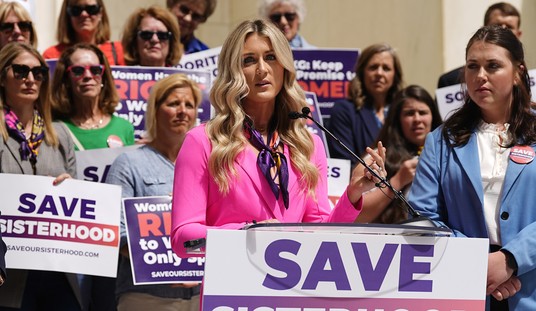“We did everything, the chancellor and I, to allow the British to take part in the agreement. But there are now clearly two Europes,” Sarkozy said in an interview with the French daily Le Monde. “One wants more solidarity between its members and more regulation. The other is attached only to the logic of the single market,” he said.
At the recent EU emergency summit, David Cameron, Britain’s Prime Minister, stood alone. Out of the 26 members of The European Union, he was the lone, recalcitrant hold-out. He was the kid nobody thought was cool. He also did his job by vetoing the proposed EU agreement. Cameron, as US President Andrew Jackson once said of any man of integrity, was a majority of one.
The Germans knew that they would be providing a lot of bailout money to their poorer neighbors. Germany wanted to start controlling how other governments in Europe spent their money. Not directly, but rather through giving the EU the ability to penalize and direct activities in member countries who didn’t meet certain economic objectives. They also wanted to significantly curtail the individual freedom enjoyed by banks and financial institutions.
Germany – Europe’s biggest economy – was intent on changing the European Union’s treaty to enshrine stricter budget discipline and penalties for countries that failed to adhere to them, to ensure there could be no repeat of the current crisis. From the German perspective, only by reforming economies, cutting social benefits and working longer would the indebted members of the euro zone and the single currency project itself emerge from the turmoil.
Great Britain, which derives 10% of its GDP from financial institutions, had no intention of giving Germany or the EU as a whole, a radio dial by which they could control British economic productivity. Thus, when the other 26 members agreed to the German demands and refused to let British financial institutions out of the latest EU deal, Cameron exploited the fundamental weakness of all Polish Democracies and cast his veto.
At this point, Cameron’s image in Europe fell victim to popular outrage against banks. The voting masses of Continental Europe currently blame banks and financial institutions for much of what has happened to their fortunes and their nations in recent years. This anger is not entirely unjustified. Countries in Southern Europe that are implementing forcible reductions in their governmental spending resented both Germany and Great Britain. Megan Greene of Roubini Global Economics describes this point of view.
“In and of itself these proposals aren’t fiscal union at all. They just really institutionalize the asymmetric adjustment that’s been occurring in the euro zone already with the peripheral countries making all of the adjustment, (and) the core countries making none of it,” said Megan Greene, senior economist at Roubini Global Economics. “And it just means that as the peripheral countries continue to implement harsh austerity measures, it will undermine GDP growth. So we won’t see growth in the euro zone for a few years as long as this is the case.”
What the Continentals all missed, and what David Cameron assuredly hasn’t, is the fact that the EU Politboro in Brussels has climbed far outside its appropriate useful function. Neither the Prime Minister of Greece, not The Prime Minister of Italy has ascended to their current sinecure through victory in a democratic election. Both men were technocrats subservient to the wishes of the EU. The recent ascension of The Muslim Brotherhood to power in Egypt was a more honest reflection of the will of the governed.
The Hour of The British Euroskeptic has come. It has come due to the essential necessity of restoring limits to the “emergency Powers” that the EU seems to have laid it’s grubby hands upon. When Rahm Emmanuel spoke of the necessity of “never letting a crisis go to waste,” this is precisely the sort of assumption of power that most people were afraid he was speaking of. It also has to make Euroskeptics wonder how disappointed the EU would feel if the crisis were to be solved before they got their hands on too much more of other people’s freedom and power. And that is a question more people should ask of any governmental leader who asks for more power to resolve an “emergency.”













Join the conversation as a VIP Member